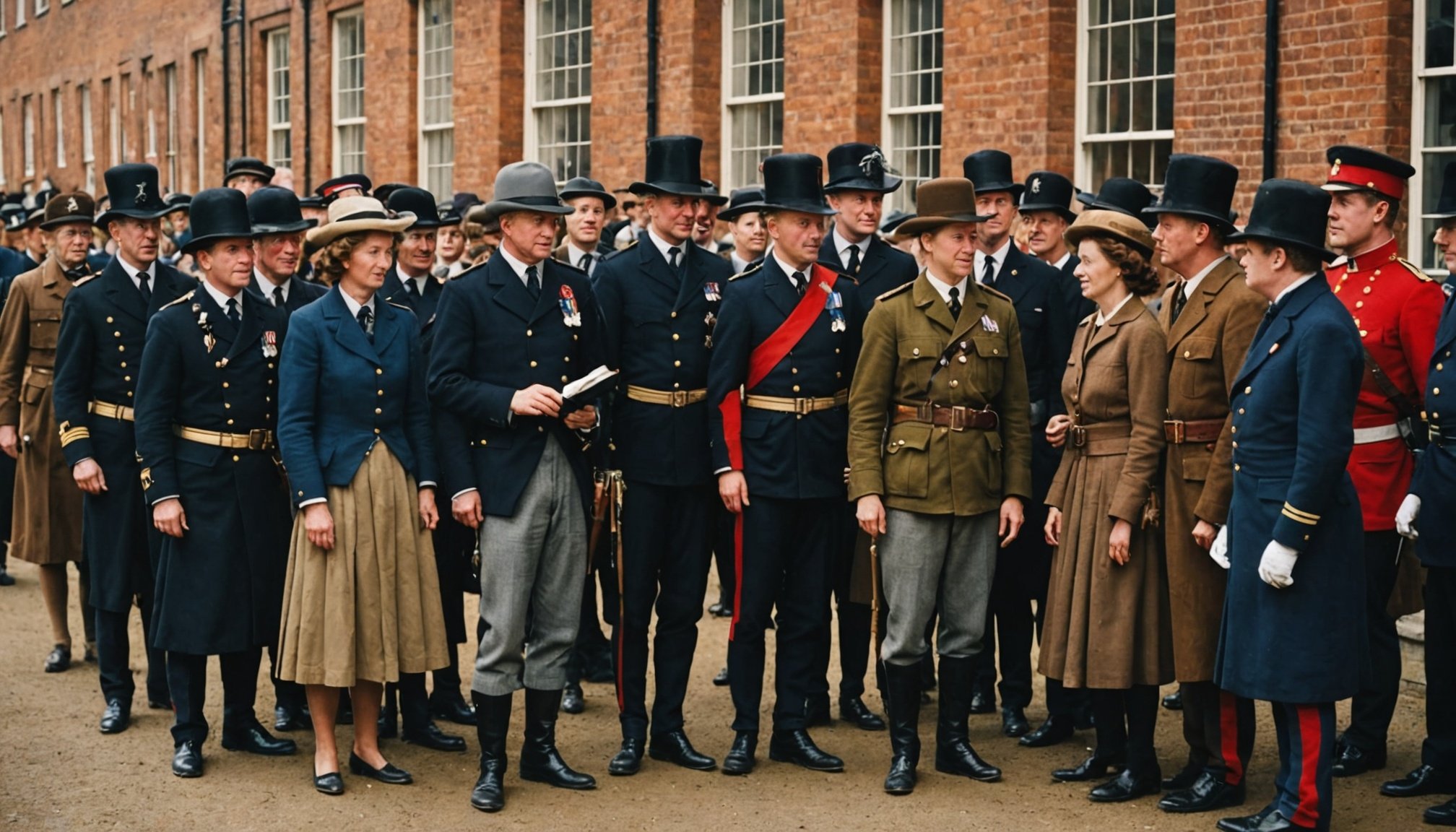When you traverse the globe, you inevitably come across the remnants of a history that has shaped many nations. The British Empire, once spanning continents, has left an indelible mark on cultures, societies, and economies. From India to Africa, and throughout the colonies, the echoes of colonialism are felt today. This article aims to guide you on how to explore and understand this complex past during your travels. By engaging with local histories and narratives, you can gain profound insights into how the British colonial legacy still influences various aspects of life in former colonies. As you embark on this journey, you will discover the multifaceted layers of history that define each destination.
Exploring Colonial Heritage in India
India, as one of the most significant jewels of the British Empire, offers a wealth of history that reflects both the grandeur and the turmoil of colonial rule. Travelers can delve into this history through various avenues. Visits to cities like Delhi, Mumbai, and Kolkata reveal the architectural remnants of colonialism, such as the Victoria Memorial and the Gateway of India. These structures are not just beautiful; they symbolize the complex relationship between the British and the local population.
In the same genre : Versailles palace and gardens tour: exploring grandeur and history
Engaging with local historians or guided tours provides additional context about the impact of British rule on Indian society, economy, and culture. The stories told by the people who lived through those times, or their descendants, can add a personal dimension to the history you encounter. Museums, such as the Indian Museum in Kolkata, offer exhibits that showcase artifacts from the colonial era, presenting a narrative that challenges the glorified view of colonialism often found in European accounts.
Moreover, visiting sites of significant events, like the Jallianwala Bagh in Amritsar, where British troops massacred hundreds of Indian civilians, allows you to reflect on the darker aspects of this history. This site serves as a poignant reminder of the struggles faced by the people of India during the fight for independence. Through these explorations, you can better grasp the profound effects of colonialism on modern Indian identity and society.
Additional reading : Essential tips for buying harry potter studio tickets in 2025
The Colonial Legacy in Africa
Africa is another continent where the British Empire left a complex legacy. Each country offers unique insights into the colonial past. For example, in Kenya, the Mau Mau Uprising against British rule is a significant chapter in the nation’s history. Visitors can explore the Kikuyu country, understand the context of the rebellion, and visit memorials that honor those who fought for independence.
In cities like Cape Town or Nairobi, you’ll encounter museums that document the effects of colonial policies on indigenous populations. The District Six Museum in Cape Town, for instance, tells the story of forced removals under apartheid, connecting past colonial actions to present-day issues. It’s crucial to engage with these narratives to appreciate how colonialism has shaped contemporary African society.
Additionally, participating in local community tours can provide a nuanced perspective on the impact of colonial exploitation on traditional cultures, economies, and social structures. These interactions allow travelers to hear firsthand accounts, fostering a deeper understanding of the challenges faced by African nations in overcoming their colonial past.
By visiting these sites and engaging with local communities, you become part of a broader dialogue about history and its implications, making your travels not just a journey through landscapes but also through the intricate tapestry of time.
Understanding the Colonial Influence in the Caribbean
The Caribbean islands are a vibrant testament to the British Empire‘s influence. Countries such as Jamaica and Barbados showcase a rich blend of cultures resulting from centuries of colonial rule. When traveling here, one cannot overlook the significance of sugar plantations that once thrived on the backs of enslaved people. These plantations have been transformed into historical sites, offering tours that educate visitors on the colonial practices that fueled the economy.
In cities like Bridgetown, the capital of Barbados, you can visit the Garrison Savannah, a UNESCO World Heritage Site that reflects the military history of British colonialism. Similarly, the Bob Marley Museum in Kingston, Jamaica, provides insights into the cultural resistances that emerged from colonial oppression, showcasing how the legacy of the past continues to influence contemporary music and identity.
Moreover, participating in local festivals that celebrate independence and cultural heritage can deepen your understanding of how communities have reclaimed their identities post-colonization. Engaging with local artisans and performers offers an authentic glimpse into the resilience and creativity of Caribbean people that arose from centuries of struggle.
As you explore the Caribbean, remember that the legacy of colonialism is not merely a historical footnote but a living narrative that continues to shape societies today. Through these experiences, you can gain a richer appreciation of the islands’ complex histories and the ongoing impact of their colonial past.
European Perceptions of Colonialism
To fully appreciate the impact of colonialism, it’s essential to consider European perspectives, particularly those of the British. Many travelers might not realize that the narratives surrounding colonialism have often been romanticized, presenting an image of the British Empire as a benevolent force. Historical texts and literature from the 19th and early 20th centuries frequently depict colonial expansion as a noble endeavor, overshadowing the war, exploitation, and suffering experienced by the colonized.
Visiting historical sites in England, such as the Imperial War Museum or the National Gallery, can provide insights into how these narratives were constructed and perpetuated. Here, you can explore exhibits that offer a critical view of empire and its consequences, encouraging visitors to question the glorified portrayals of colonial history.
Furthermore, engaging with contemporary discussions on colonialism within Britain itself is crucial. Universities and cultural institutions often host lectures and exhibitions that critically examine the colonial past and its lingering effects. Participating in these discussions allows you to see how perceptions are shifting and how modern society is grappling with its historical legacy.
By juxtaposing perspectives from both the colonizers and the colonized, you gain a well-rounded understanding of the impact of the British Empire. This knowledge enhances your travel experiences and fosters a more profound appreciation of the complexities involved in colonial history.
As you journey through countries shaped by the British Empire, remember that the past is never truly gone. The echoes of colonialism are evident in architecture, culture, and social dynamics. By taking the time to engage with local histories, you can uncover the multifaceted layers of colonial impact during your travels.
From India to Africa and the Caribbean, each destination offers unique stories and lessons about the British colonial legacy. Your willingness to explore these themes not only enriches your travel experience but also contributes to a broader understanding of history. Embrace the opportunity to listen to diverse voices and perspectives, as they will deepen your appreciation of the complexities of our shared human past.











